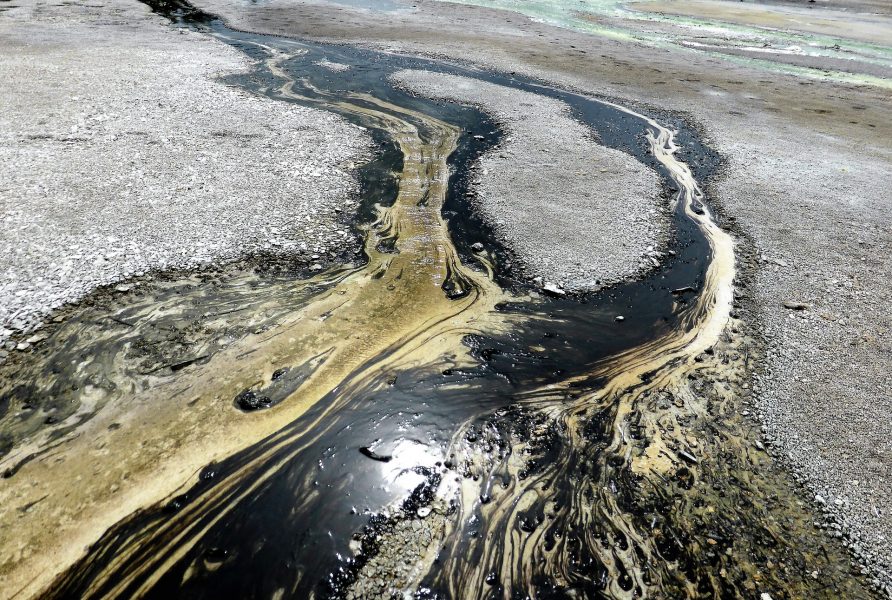The potential of the proposed local communities and Indigenous peoples’ platform to effectively engage traditional ecological knowledge (TEK) for climate policy is evalutated.


The potential of the proposed local communities and Indigenous peoples’ platform to effectively engage traditional ecological knowledge (TEK) for climate policy is evalutated.
A strong theoretical insight into the struggles surrounding the future of coal in Germany.
The literature on climate change litigation highlights key emerging, interdisciplinary themes including the role of science, time, place and human rights claims in climate change litigation and explores the relationship between litigation and climate governance.
The 2015 Paris Agreement on Climate Change’s collective goal—keeping global warming “well below” 2°C above pre-industrial levels—remains ambitious.

A wood-derived absorbent that provides an efficient and scalable approach to the rapid clean-up of high viscosity crude oil.

As actor and playwright, Shakespeare saw the sky as a theatrical element. While his so‐called festive comedies appear far less festive if we pay attention to their climatic specificities, his tragedies offer interesting insights into the way the playwright associates heavens and humors on the one hand, climate and the planets on the other.

A one-dimensional mathematical model describes what causes wine to cry at the APS March meeting in Boston.

Engineers find a new solution through solar-powered technology that absorbs moisture from the air and returns it as clean, usable water.

Desalination technology by ferrocyanide ion-immobilized polysilsesquioxane films.
Despite decades of producing climate change knowledge and engaging in science communication and policy advising, there is still no discernible structural shift from a high‐ to a low‐ or even zero‐carbon‐emissions development pathway.